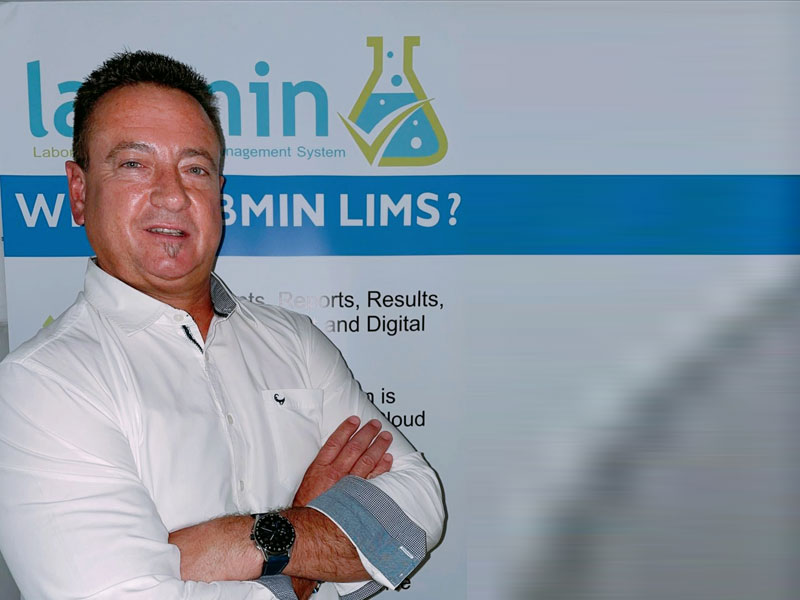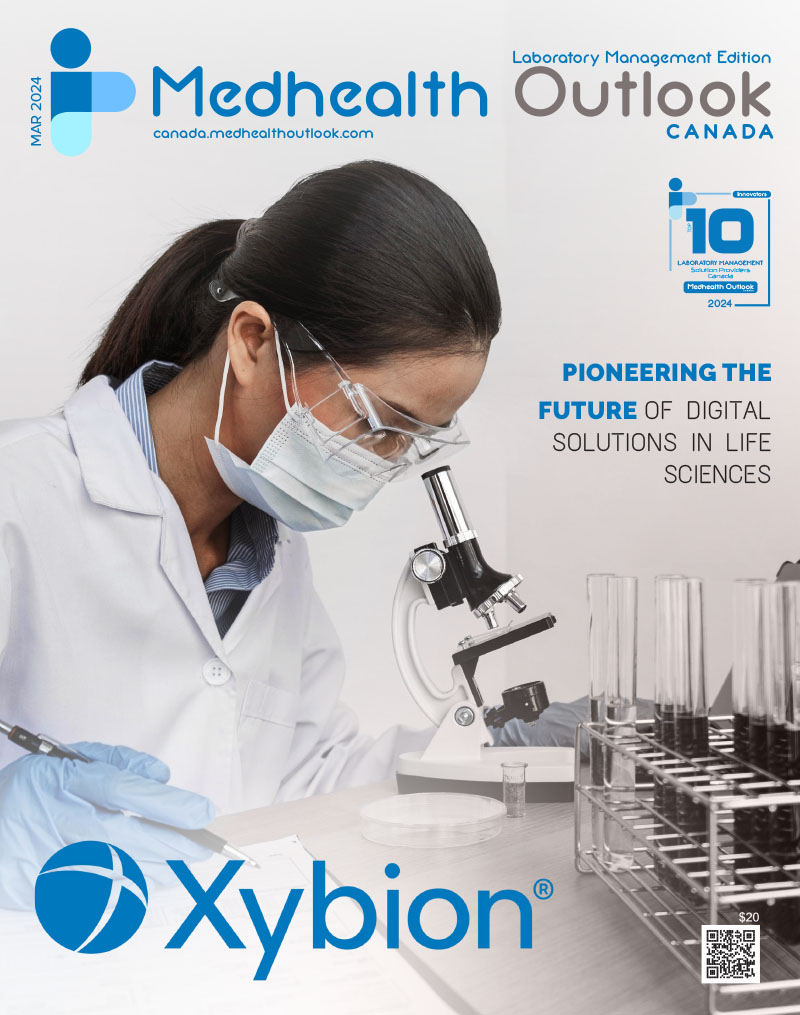Let your Laboratory Information Management System exceed your expectations with ISO 17025 Quality Assurance Software Solution. LABMIN laboratory information management systems (LIMS) are revolutionizing how laboratories manage their data with an extensive suite of Quality Assurance tools that adhere to the latest ISO 15189 and ISO/IEC 17025 standards.
Why has LIMS become a vital part of laboratory management?
For Laboratories that need to ensure their standard operating procedures adhere to ISO standards, a LIMS system that incorporates quality assurance is essential. Many testing and calibration laboratories use a LIMS to manage and record their data but run a separate system to assist with quality assurance and obtaining accreditation.
This disconnect between everyday laboratory processes and meeting all aspects of the ISO standards proves to be a challenge for many laboratories.
Thus, we have developed a laboratory information management system and a concurrent quality assurance module. While the users perform routine testing on the system, all necessary data required for ISO accreditation is collected, and the system ensures compliance with all ISO clauses.
The responsibility Medical Laboratories have in today’s patient-cantered society.
Since medical laboratory test results influence a large percentage of medical diagnoses, they hold responsibility for patient safety. Adhering to ISO standards, especially ISO 15189, is essential to ensure the competency and credibility of their testing services. A LIMS encompassing the full ISO 15189 and ISO/IEC 17025 will improve health care quality and significantly reduce diagnostic errors while providing seamless traceability and reduced turnaround time.
LIMS features that have contributed to advancements in Laboratory Management.
Specialized developers, auditors, and representatives from the laboratory sector have designed these features collaboratively to allow laboratories to adhere to their respective ISO standards seamlessly.
A LIMS that employs user access rights: To maintain the appropriate security and confidentially of information on the LIMS, specific access rights are given to each user. These will differentiate between those who have the authority to sign off on results or those who capture results, for example.
An extensive patient database: The patient database allows the system to instantly recognize when a patient has been tested at a laboratory before. The system pulls up all relevant patient history and trends historical data concisely and comprehensively.
Traceability and an audit trail for all Laboratory processes is provided: Laboratories have full access to all their data using the laboratory information management system. We use Business intelligence tools that compile reports able to trend and compare any data logged on the system. Making any desired changes to saved results require the user to provide a reason for each change, thus providing full traceability and adhering to ISO standards.
The system allows for integration with third-party software and equipment: Raw results can be directly imported into the system to further eliminate human error. Upon results approval, values exceeding minimum and maximum limits are flagged and will prompt the user to re-do a test or to log a corrective action. The system also allows integration into third-party software, such as accounting software, to minimize any disconnection in the laboratory flow.
The system implements Digital Signatures and results approval: We have implemented integration for digital signing on the system where reports can be digitally bulk signed after results approval. Measurement of uncertainty and correction factors are calculated by the system and presented to the user for validation and approval.
Client Relations Manager and Contract reviews: To keep a record of all clients and contact persons, to review contracts, SLA agreements, NDA agreements, and more. Clients also have access to client portals to view results, book samples, and receive quotes and invoices.
It has automated Alerts and notifications: The system records all limits, due dates, and calibration dates and notifies the user of any missed deadlines or out-of-specification results. These notices minimize human error and reduce non-conformances in many instances.
Quality assurance modules: Individual modules within the Quality Assurance module ensure that the laboratory complies with all Resource, process, and management requirements of ISO/IEC 17025 as well as management requirements and technical requirements of ISO 15189. Of these, there are designated Risk, Corrective Action, Improvements, and Non-conformance management modules that allow the user to follow each of these through to mitigation and approval. The Audits module allows for audit checklists to be set up for seamless internal audit completion and record keeping. Proficiency testing and quality control modules enable the laboratories to record their intra-laboratory comparisons or proficiency testing results. The management review module allows for the completion of annual management review meetings and other meetings that need to be recorded.
To conclude, as highlighted above, development in information management has significantly contributed to the reliability and credibility of testing laboratories, especially those in the medical sector. Incorporating Quality Assurance into a LIMS has improved overall confidence in laboratory results for medical professionals as well as the public. Labmin is very proud to have clients using our software solutions worldwide. Our policy is SAAS Software as a Service. This strategy has made our LIMS successful. Our Slogan is Software Driven by Passion.













